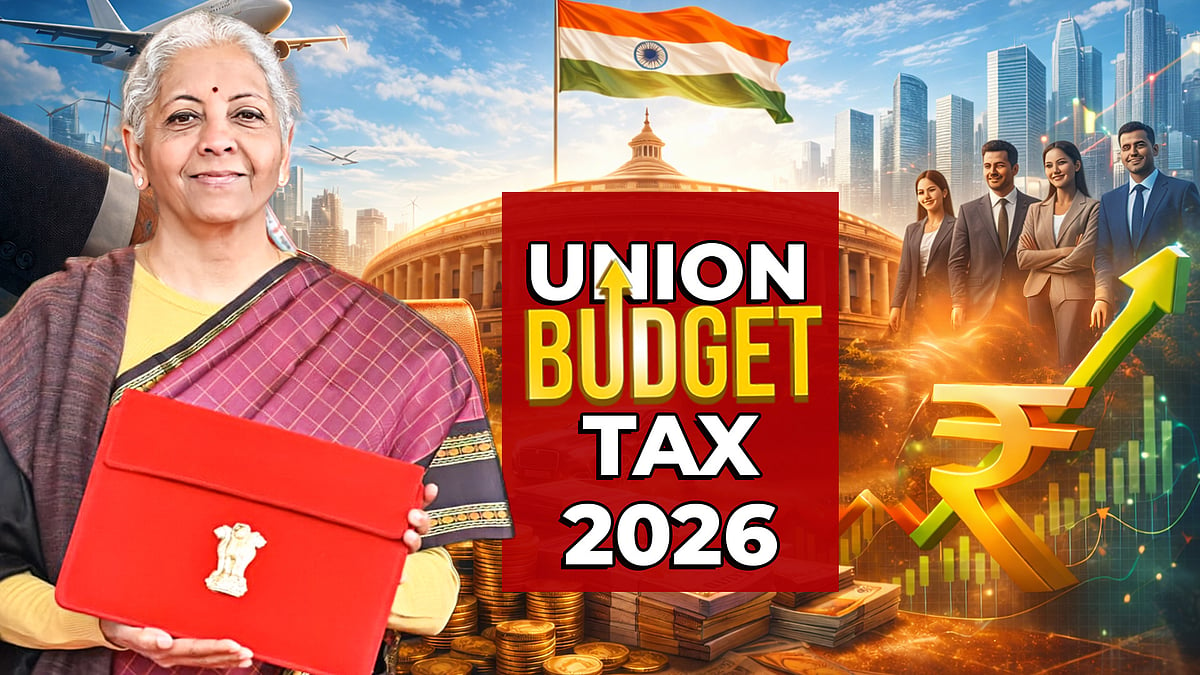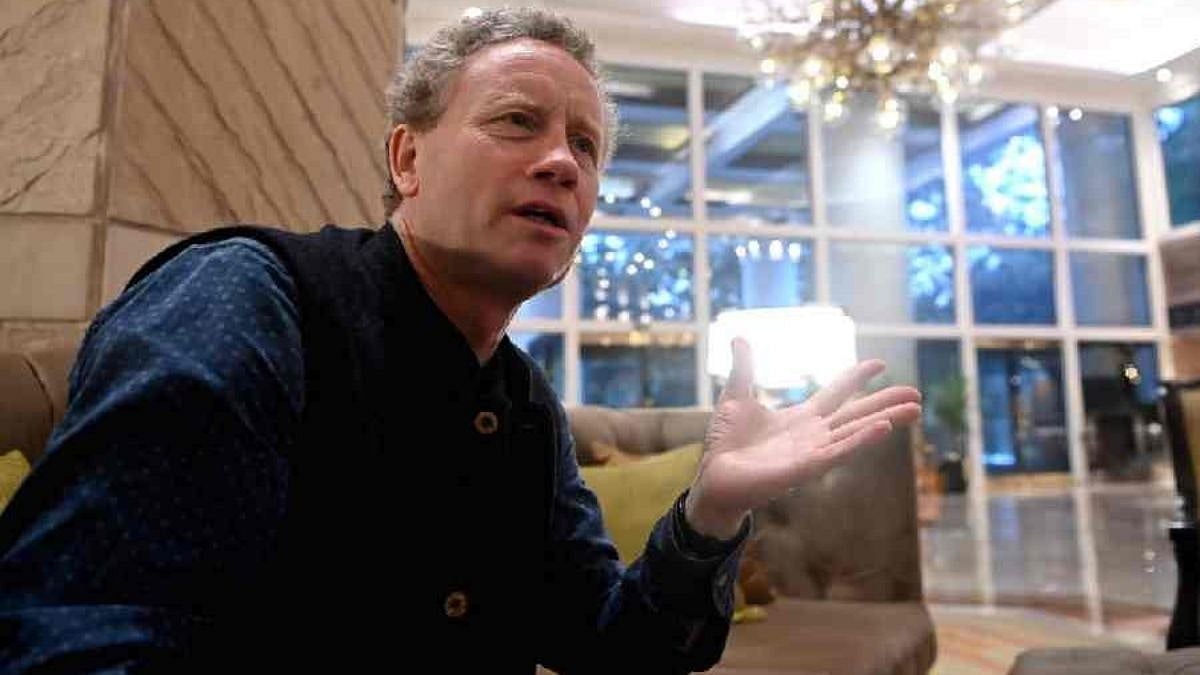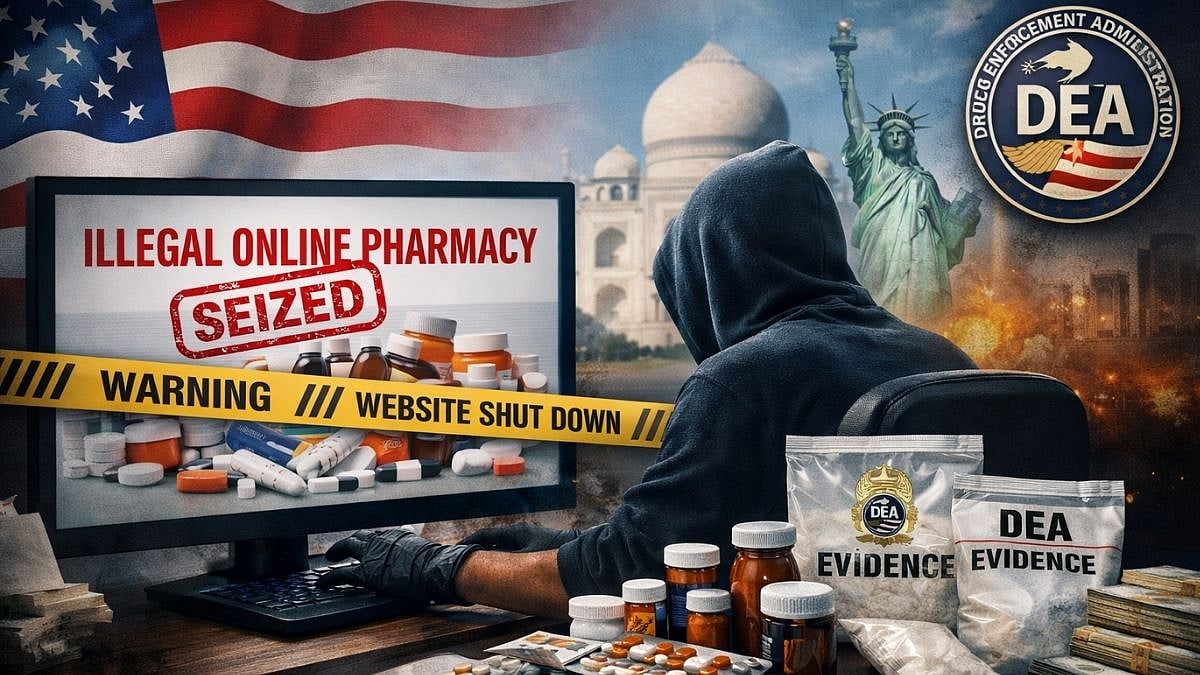Eco-friendly, made from recyclable materials, green, saves the planet, zero waste – these are the messages that are increasingly hitting us in our daily lives. Anything green or environment-friendly has gained currency. COVID times have clearly demonstrated that customers have advanced their expectations on decarbonisation of everything to ‘now’.
Some countries have a very strong sustainability agenda such that it’s become an integral part of their social and political narrative. Trump’s insolence towards sustainability, some say, has played a big role in his undoing and partially turned his otherwise core support base against him. Similarly, the 2019 European Elections often touted as ‘Climate Elections’ were a defining moment in EU’s history. The EU voters brought climate actions to the centre-stage of the political agenda and every party was forced to sit up and take notice. However, the sustainability movement has not yet fully caught up in our country. It’s only a matter of time before Indian voters start demanding.
Consumers are becoming aware of how hyper-consumerism is adversely impacting the environmental balance. An interesting study by CII-AT Kearney on ‘Building towards sustainable retail’ suggests that awareness amongst Indian consumers across categories is high, and over 70% are also willing to pay higher for ‘responsible’ brands. However, a similar research by CapGemini conducted during the pandemic – ‘How sustainability is fundamentally changing customer preferences – suggests that only 36% of the organisations actually acknowledge this fact. Disappointing! Fortunately, this emerging trend is not lost on all brands. Progressive ones are making changes to metamorphose themselves and align with this trend.
One can make sustainability claims if one’s product is made from sustainable materials or processes or even packaging. We have seen examples of all such types. ‘Locally sourced materials’, ‘chemical free’, ‘no cheap or child labour’, ‘organically sourced’, ‘ethically sourced’ are also some of the claims made by brands. While it’s natural to latch on to a trend, there are some pitfalls to be avoided.
Sustainability is not a substitute, it’s an ‘additive’: Sustainability is a great topping and can provide the crucial differentiation from others only if the core elements of the marketing mix are in order - especially product (quality, range etc) and pricing. Back in the 90’s, when I sold air conditioners, a transition from Freon (R-22) to R-134A based refrigerants was under way. Upon explaining, the customers did appreciate that R-134A is much less ozone depleting than Freon. They were also willing to pay a ‘slight’ premium for something they couldn’t directly relate to, in the interest of the cause. Similarly, if the ‘eco-friendly’ or ‘low VOC’ paints don’t come at a reasonable price or offer the same range of shades or the same quality, they are not likely to be picked up. There’s only so much a customer is willing to compromise for sustainable products, beyond that she’s likely to switch back.
Engage your audiences: The buying behaviour of customers is undergoing a transformation, so hand-holding your customer in this journey helps. Tell her about 5 star-rated appliances and how they save power. What else can be done for sustainable living? Educating her in making the ‘responsible’ buying decisions will go a long way in establishing your credibility.
Be honest, mean it when you say it: Volkswagen marketed ‘clean diesel’ and later admitted to using cheat software.
So, their future claims on sustainability are likely to be met with scepticism. Sometime back, a popular coffee brand acknowledged the many accolades that came their way when they introduced a straw-less cup and lid. But when the cup and lid were found to contain more plastic than earlier, they were red faced - they had been caught ‘greenwashing’ (a term used for a claim made by a brand to deceive consumers into believing that a company's products are sustainable).
Sustainability is not a ‘campaign’, it’s a culture: Sustainability is not a fad, not another buzzword, it is also not a task or a one-time project. It’s a way of life and an arduous journey. Depending on the nature of the business, you might choose ethical sourcing, fair labour practices, contributing towards sustainability initiatives in the local community, recyclable packaging, zero waste, sustainable manufacturing processes, etc. You may do it in phases, but make a beginning - embark on that journey. Share it with your customers, identify milestones and set achievable goals.
Sustainability marketing is yet another way to build relationships with consumers – both current and future. If sustainability is not on your agenda yet, get it before it’s too late. If anything, it will ‘sustain’ your business. Your customers need it, and so does Planet Earth.
(The author is a senior professional in the corporate sector and writes on varied topics that catch his fancy. The views expressed here are his own. Twitter: @sandeepbangia)









